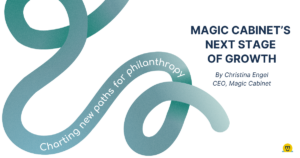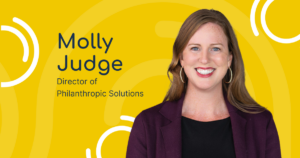What started as an experiment has morphed into something bigger and more special. Nine organizations serving diverse communities within the San Francisco Bay Area coming together across three cohorts to share ideas, camaraderie, and collectively resource each other with capacity-building funding to uplift their communities.
As our first Magic Cabinet cohorts adjourn after five years, we’ve asked the leaders of each nonprofit to reflect on their experience and what’s to come for their organizations.
After five years in a Magic Cabinet Cohort, what are some of the moments that have surprised you?
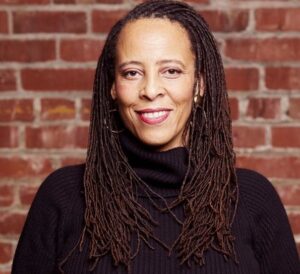
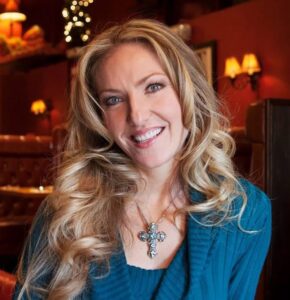
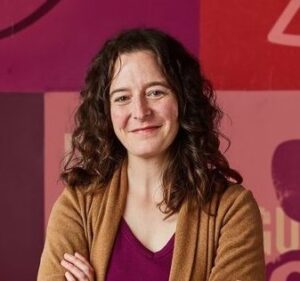
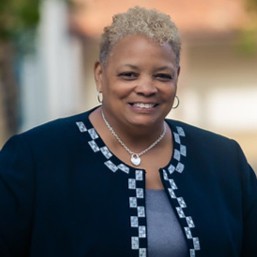
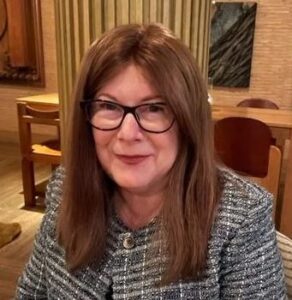
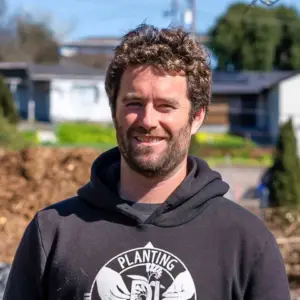
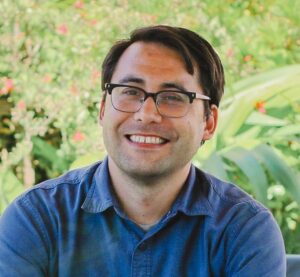
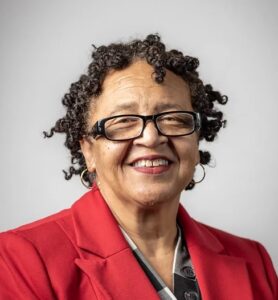
Of the capacity-building projects you’ve started, which one(s) impacted your organization the most?








What insights are you taking away from your time in a Magic Cabinet Cohort?






What advice or guidance would you give to other Magic Cabinet Cohort members?








What are you excited about for the future of your organization?







Looking Ahead to New Horizons
As our first nonprofit grantees embark on the next stage of their journey, we look forward to following their progress beyond their time in a Magic Cabinet Cohort. We’re excited to begin narrating the impact of our grantmaking methodology across the full arc of the Magic Cabinet Cohort experience.
We’re also taking time to reflect on lessons learned over the past five years of partnership with these nine incredible organizations. These learnings will enable us to evolve our grantmaking and partnerships as we continue to explore alternative funding relationships.
- Develop pathways for learning and sharing best practices between new and tenured cohorts. Fostering learning between cohorts enables grantees to share guidance and develop long-term strategies for using their capacity-building funding.
- Prioritize flexibility when it comes to defining ‘capacity-building.’ Recognizing that capacity-building won’t look the same for every organization and being open to listening and prioritizing the needs of grantees and their communities.
- Provide resources for nonprofit grantees beyond the check. Having access to extra tools in the form of technology, educational resources, and funder connections enables grantees to feel fully supported.

